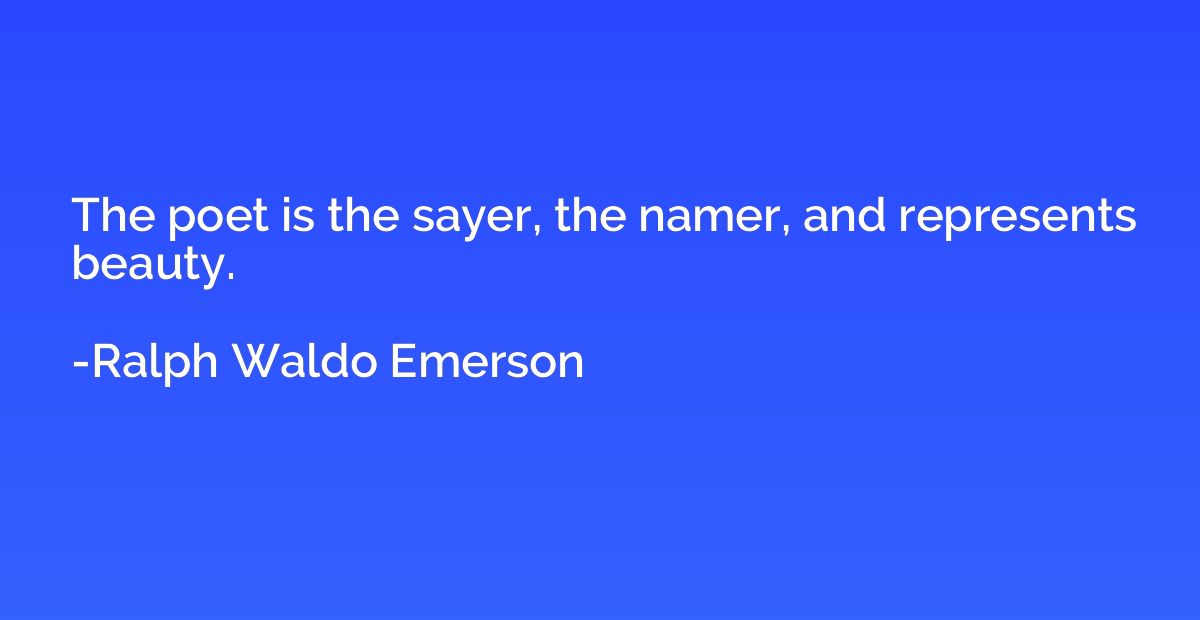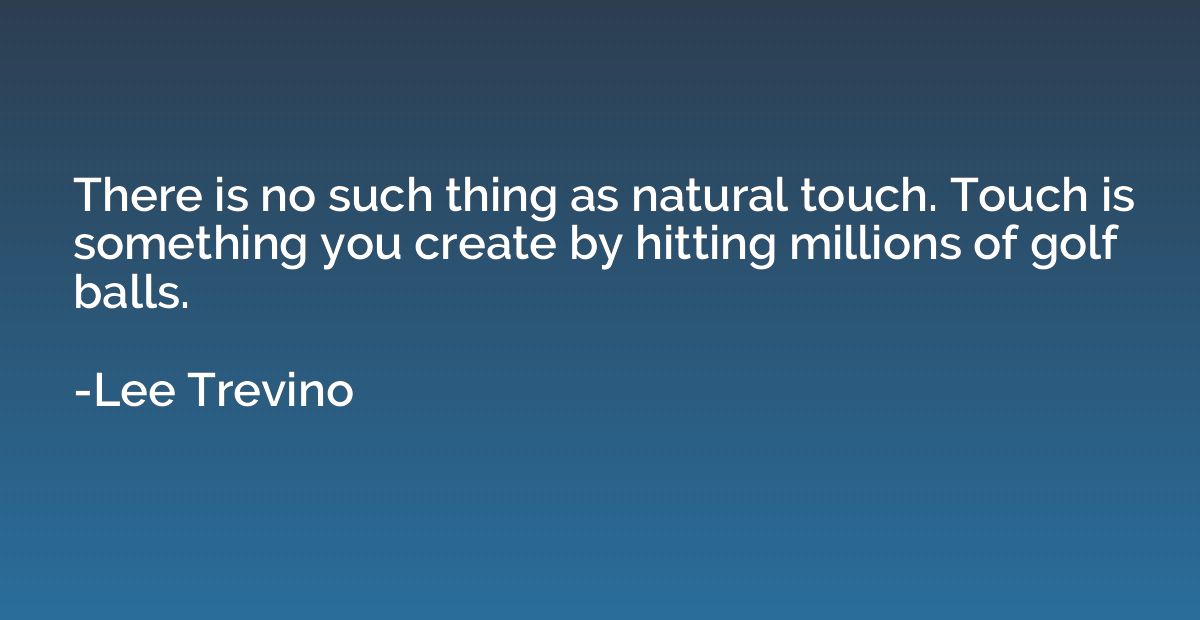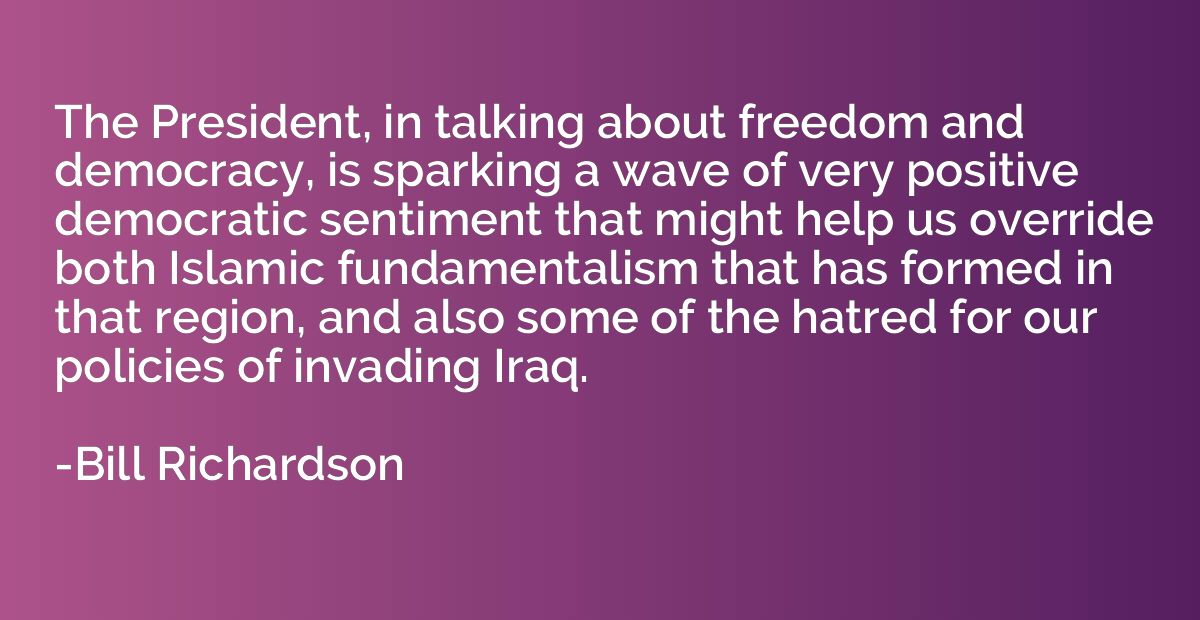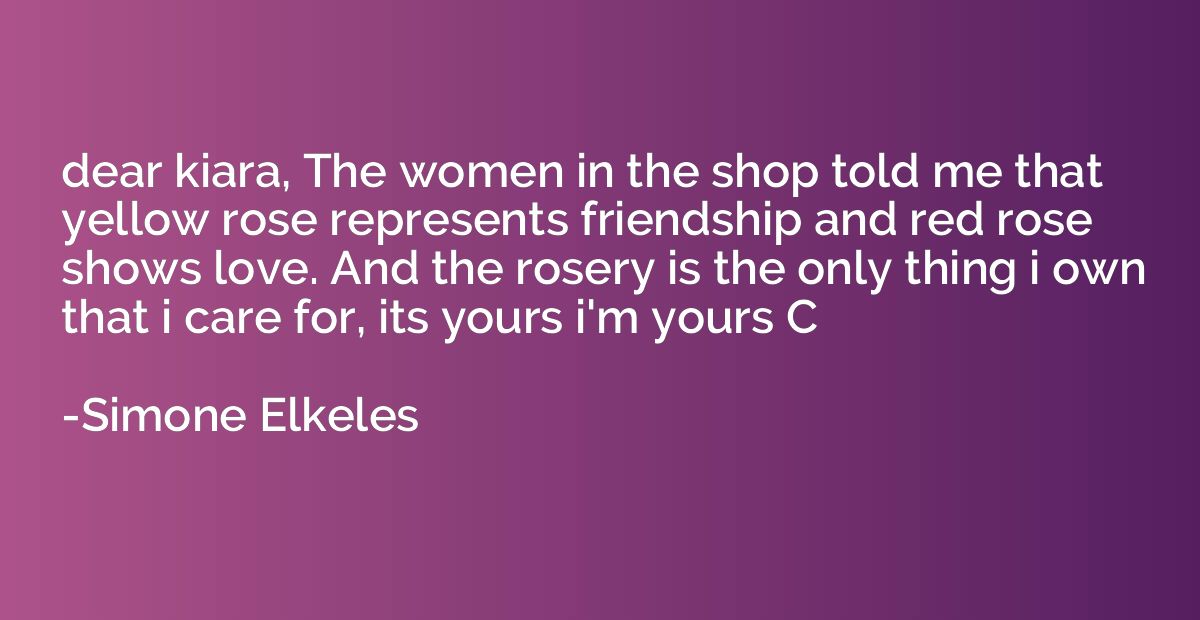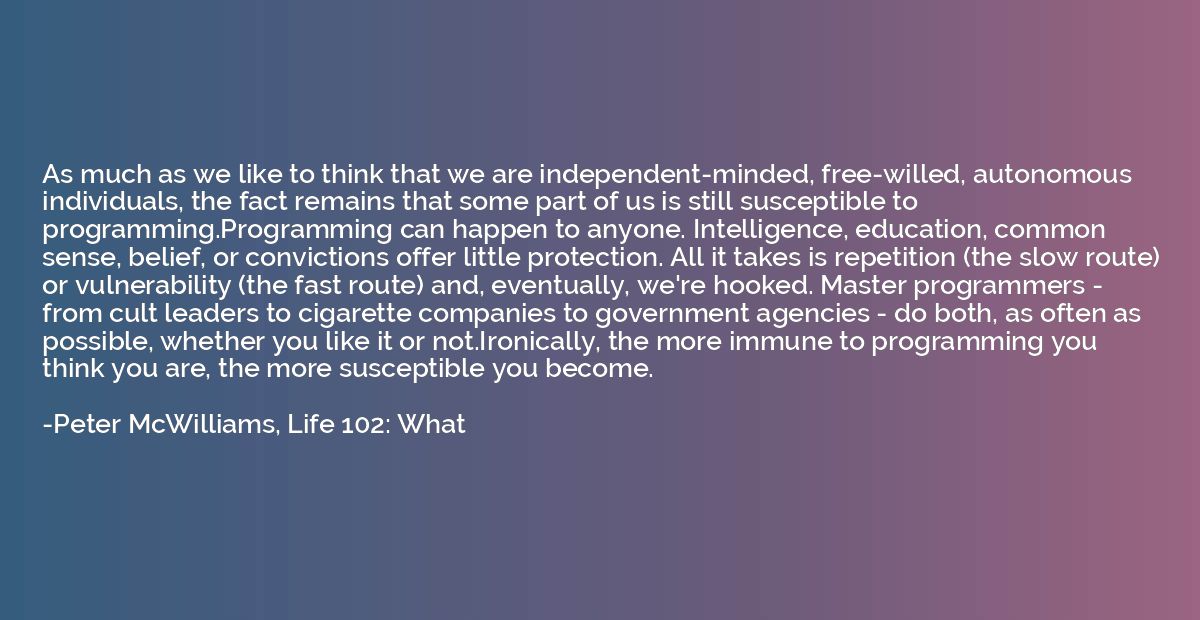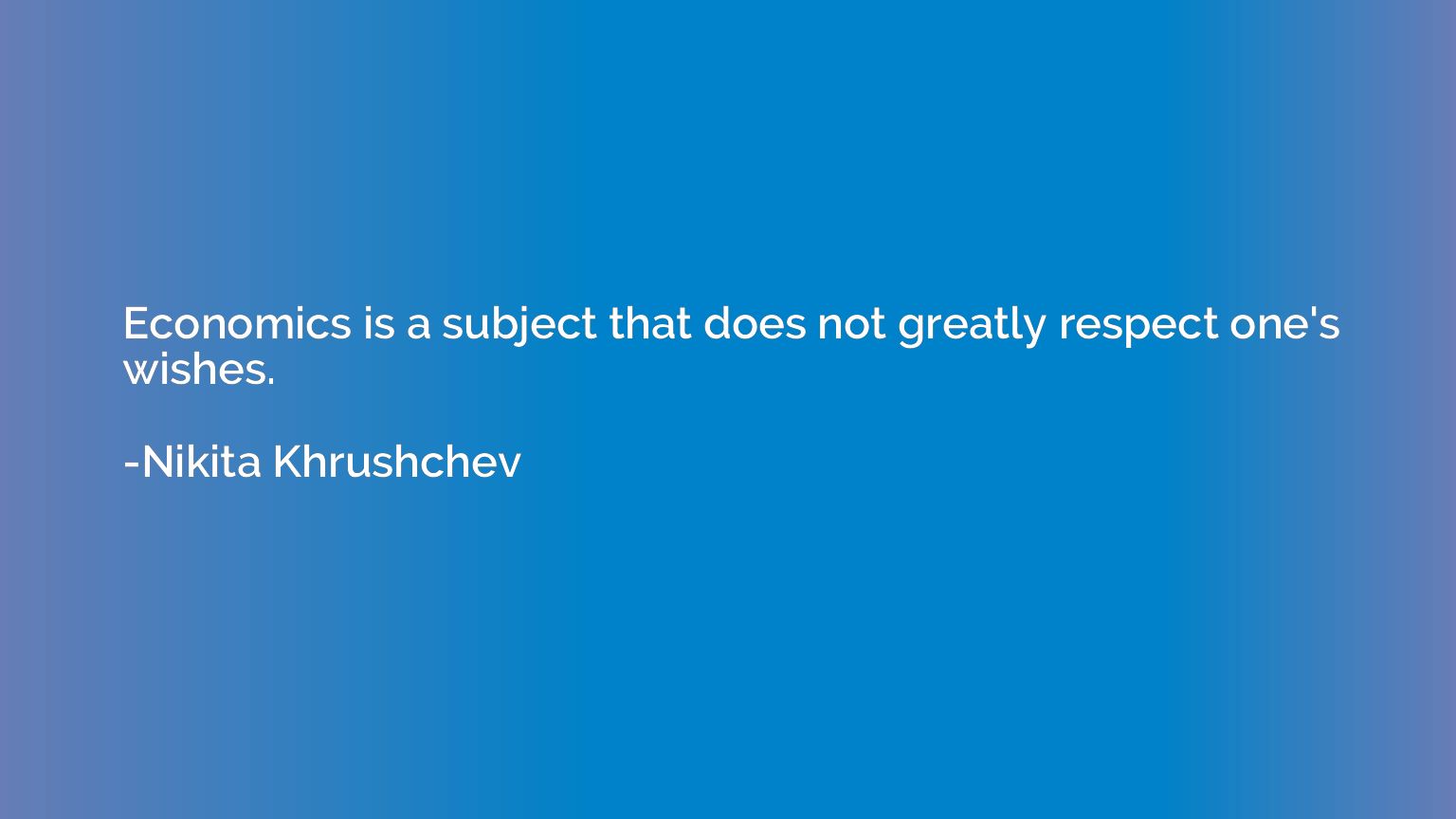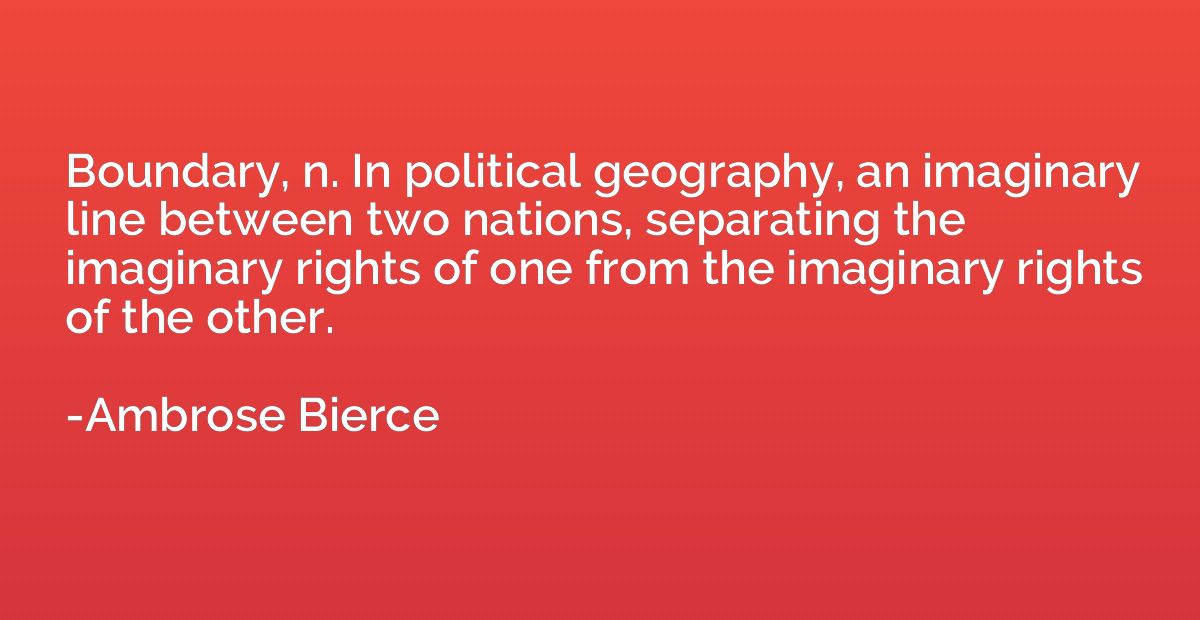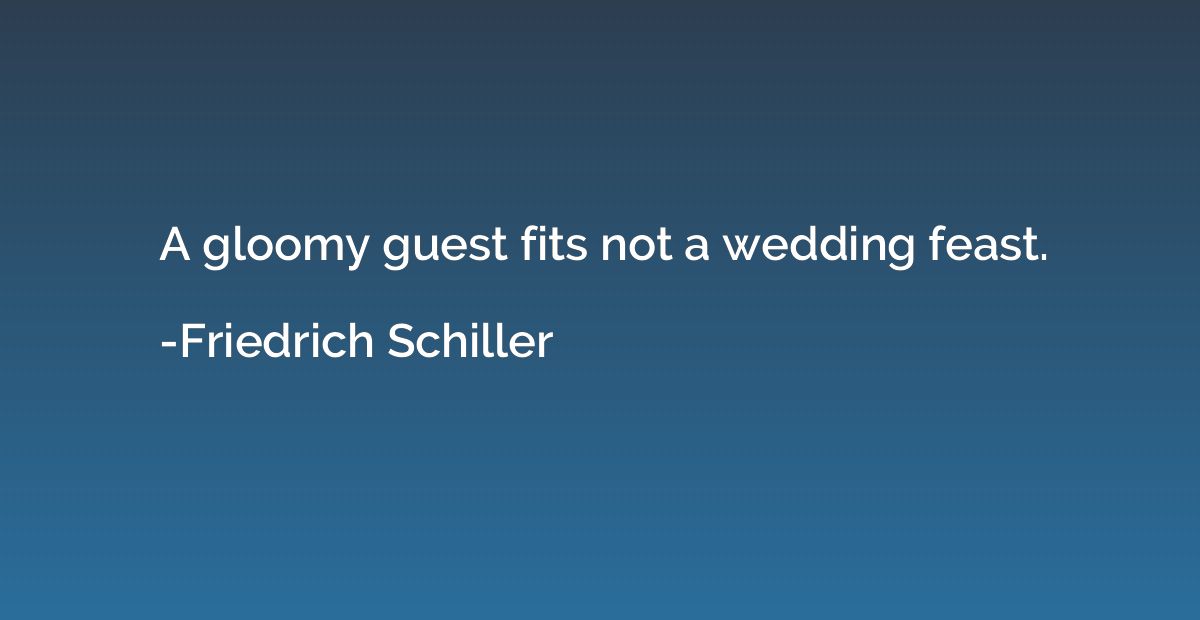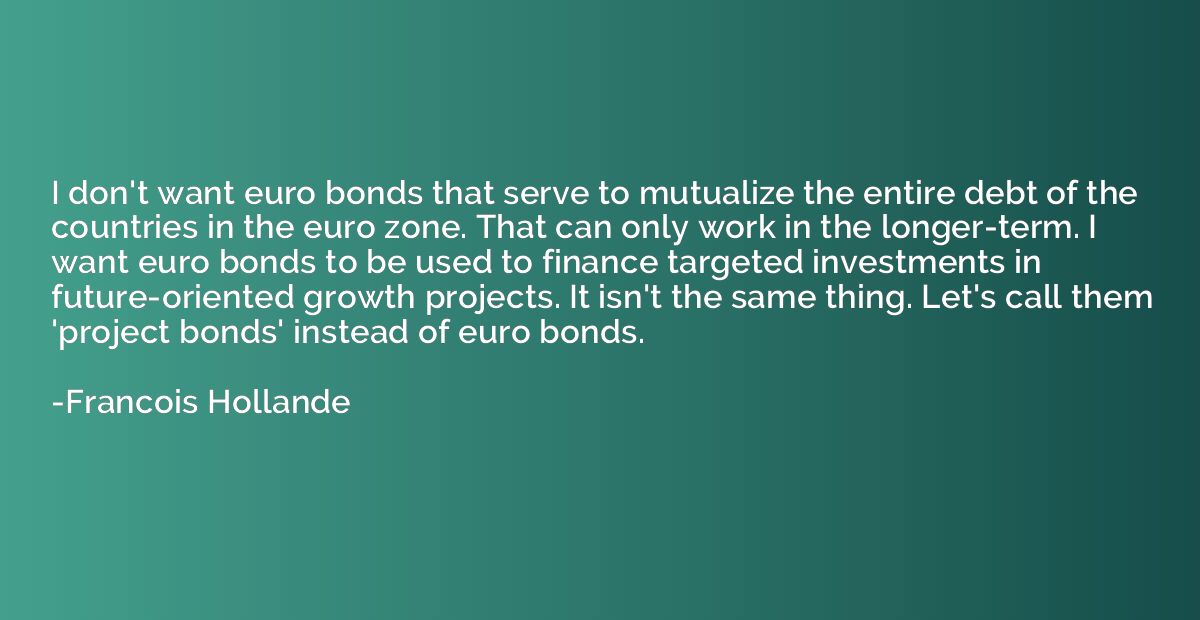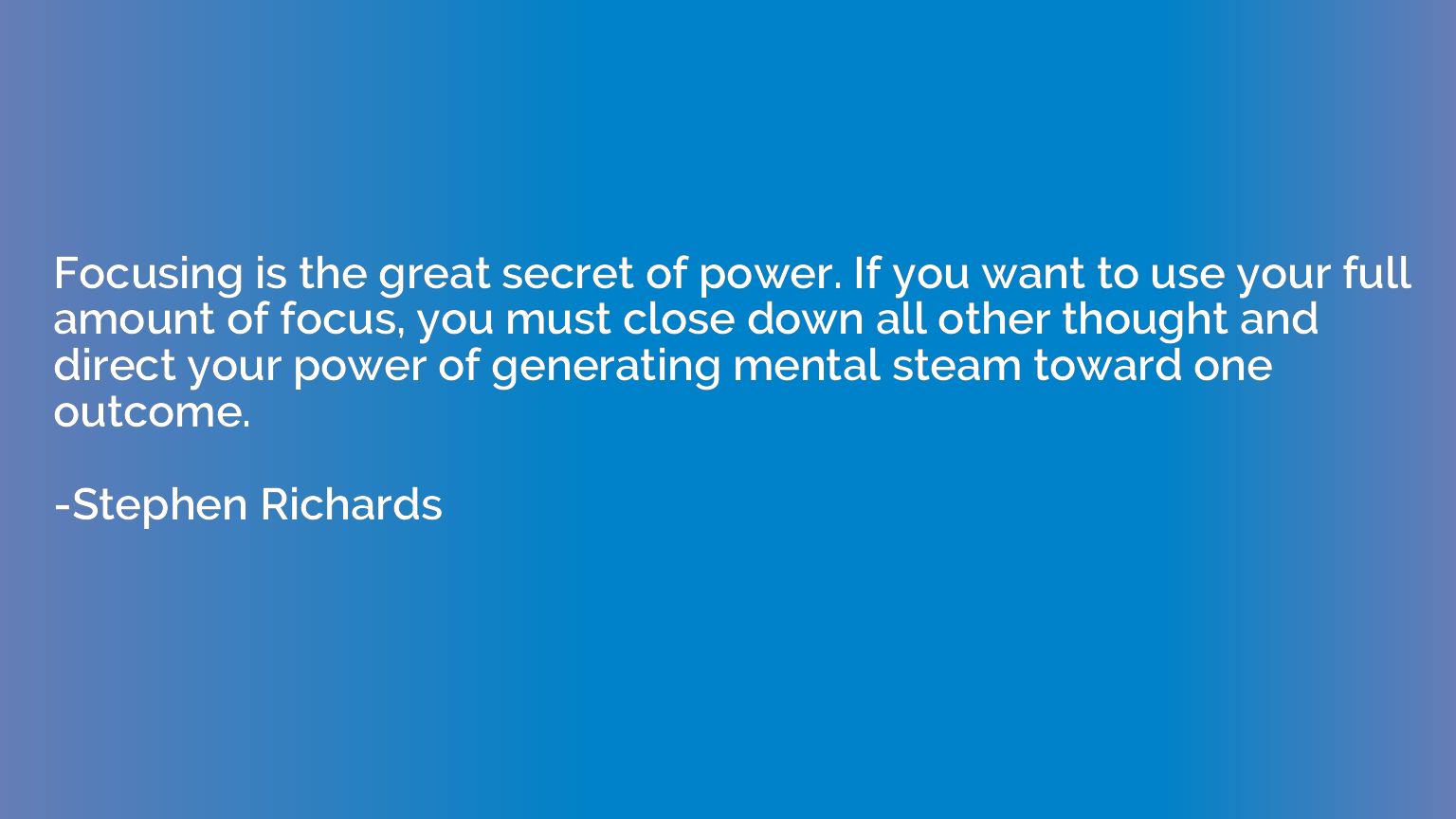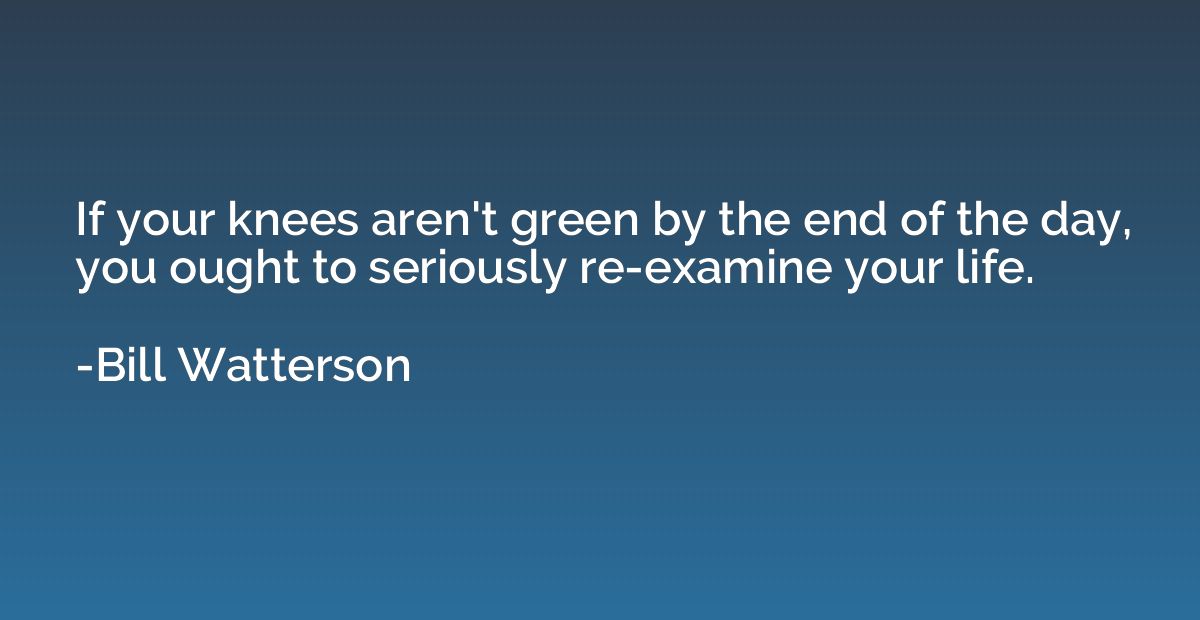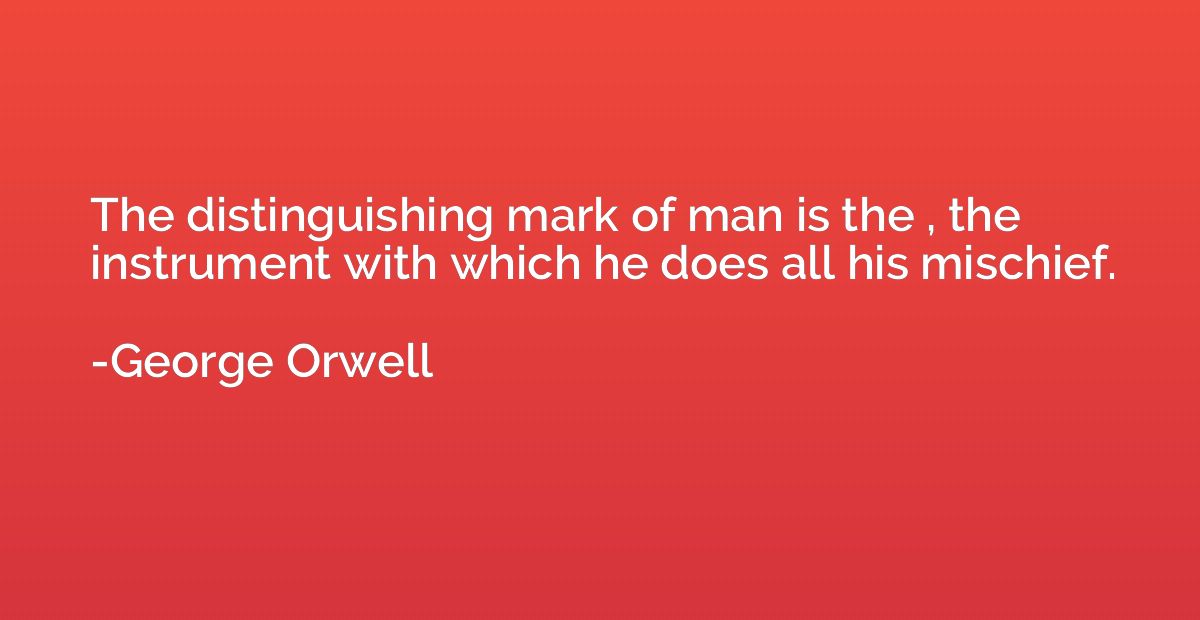Summary
This quote suggests that a poet is not only someone who writes and creates verses, but also someone who uses language to communicate and express deep truths. By being the "sayer" and "namer," the poet is able to give voice to emotions and thoughts that may be difficult to articulate. Furthermore, the poet has the ability to capture and represent the essence of beauty, appreciating and celebrating it through their art. In essence, this quote emphasizes the important role of poets in conveying profound messages and capturing the essence of beauty in the world.
